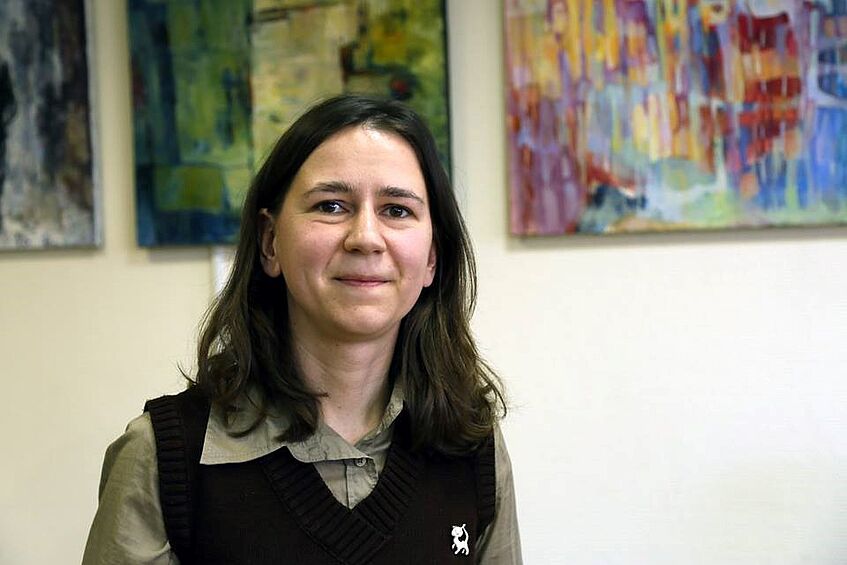
© Vasyl' Hudkov
Nataliia Steblyna, PhD
Assistant Professor at the Department of Journalism, Advertisement and Publishing at the Odessa I. I. Mechnikov University, Ukraine
Steblyna, Ph.D., is a media researcher specializing in new media and professional journalistic standards. The field of her scientific interest is news agenda of modern Ukrainian mass media, as well as the interconnectedness of local and global media in the reality of digital culture. She is an assistant professor at the Department of Journalism, Advertisement and Publishing (Odessa I. I. Mechnikov National University) and a media expert at Pylyp Orlyk Institute for Democracy. She is a participant of the All-Ukrainian monitoring of regional press and news sites and a co-editor on the site about urbanism and media happymisto.od.ua.
E-Mail: steblyna@onu.edu.ua
Abstract:
Coverage of the War in the Digital Era: Online Mass Media as an Illusion of Free Public Discussion (Battle of Ilovaisk in the Focus of Ukrainian News Sites)
Digital technologies provide war journalists with some new possibilities. They can use evidences of locals, publish posts of volunteers, experts. Meanwhile, free discussion about the war in mass media is can be a problem. So it is important to understand, how war journalists use the new possibilities, and how the process of public discussion is formed.
Battle of Ilovaisk – the turning point of the war in Donbas (Ukraine) – was chosen for this research. The materials of two Ukrainian leading news sites (Ukrainskaya Pravda and Livyi Bereh) were content analyzed.
Ukrainian online mass media predominantly used reprints as a way of news gathering (Facebook accounts were cited in 62% of cases). The average number of positions in a publication is 1,4 (a typical news text contained only one source). Digital journalists included some new non-official participants to the public discussion (like Semenchenko, battalion Donbas commander, or, Tymchuk, an expert), but other sources, which could be newsworthy as well, were rarely mentioned.
Free and opened public discussion is a crucial thing for the democracy, however, the internet media create an illusion of forum of ideas. And having in mind an increasing number of people who prefer to get news online, we should raise a question about the future of the democracy in the reality of fast, rarely checked and incomplete information.
Programme: Panel 12, Friday, 7 September 2018, 13:00-14:30